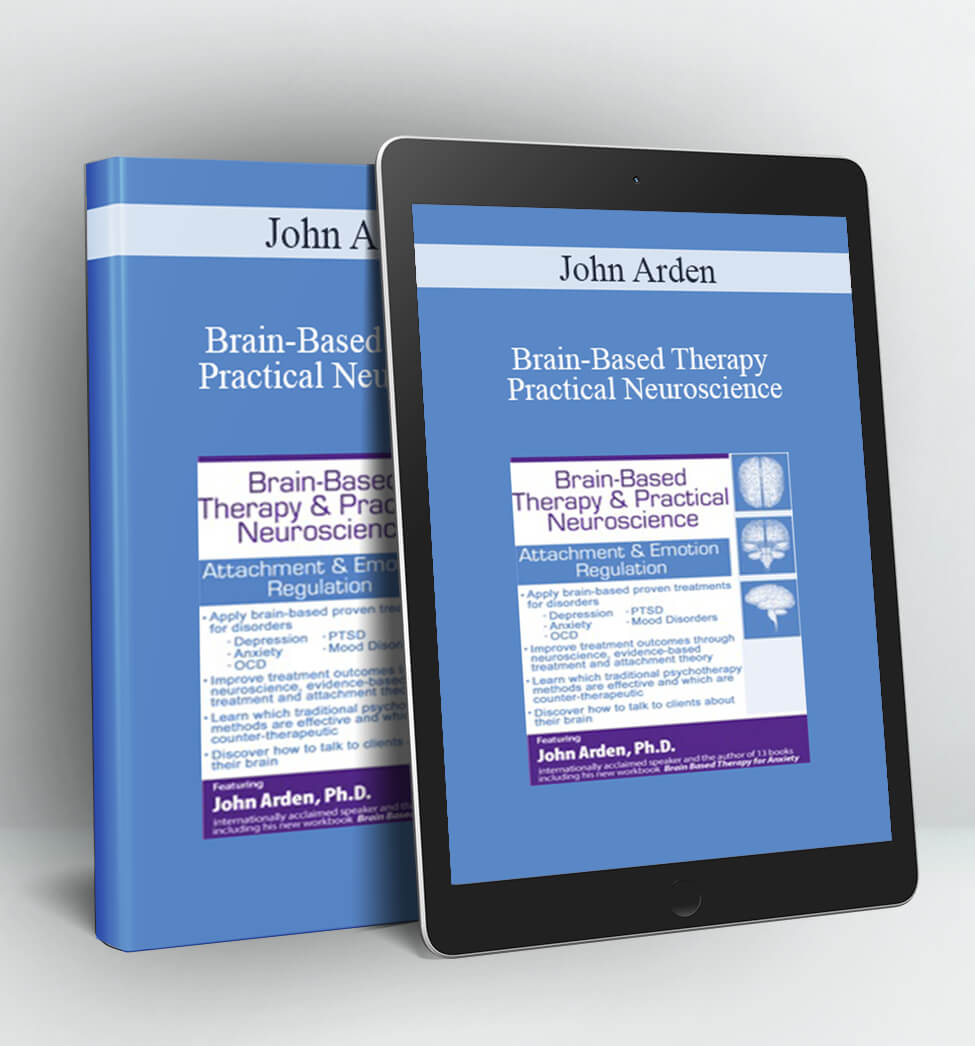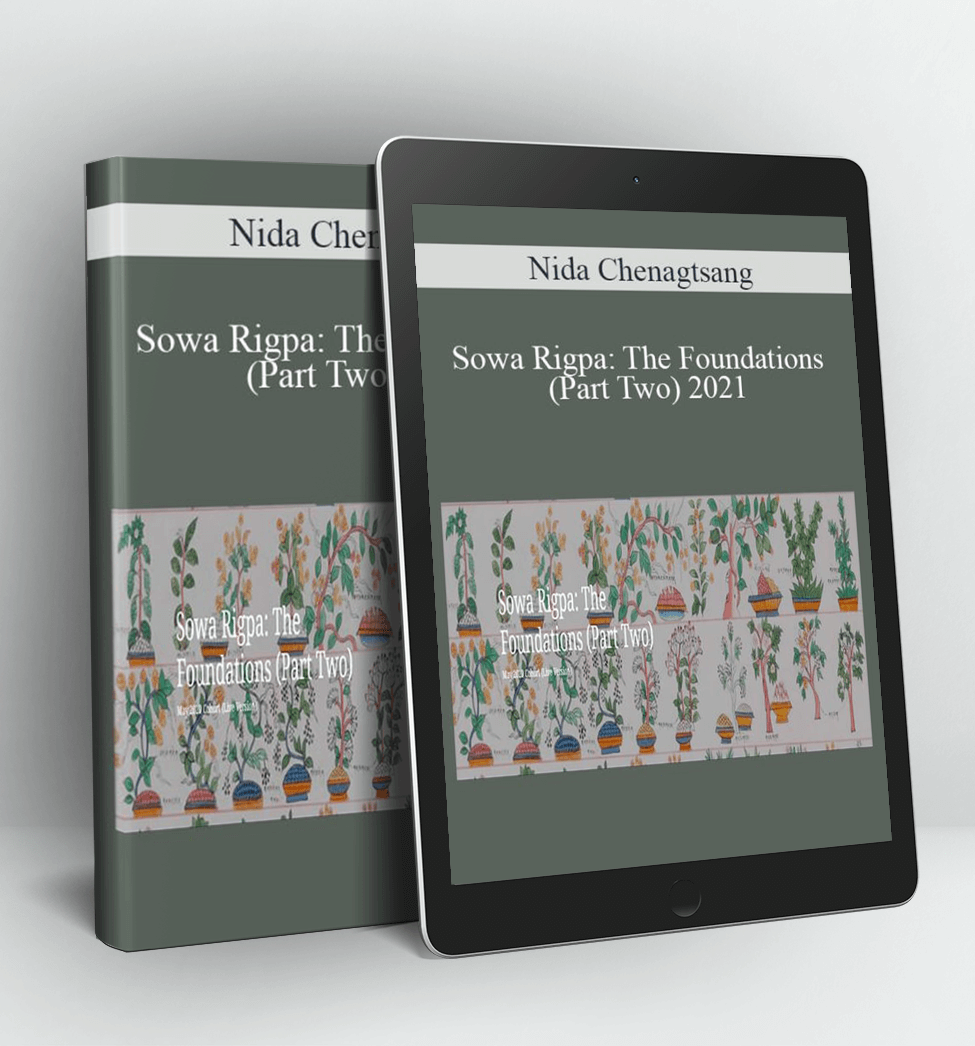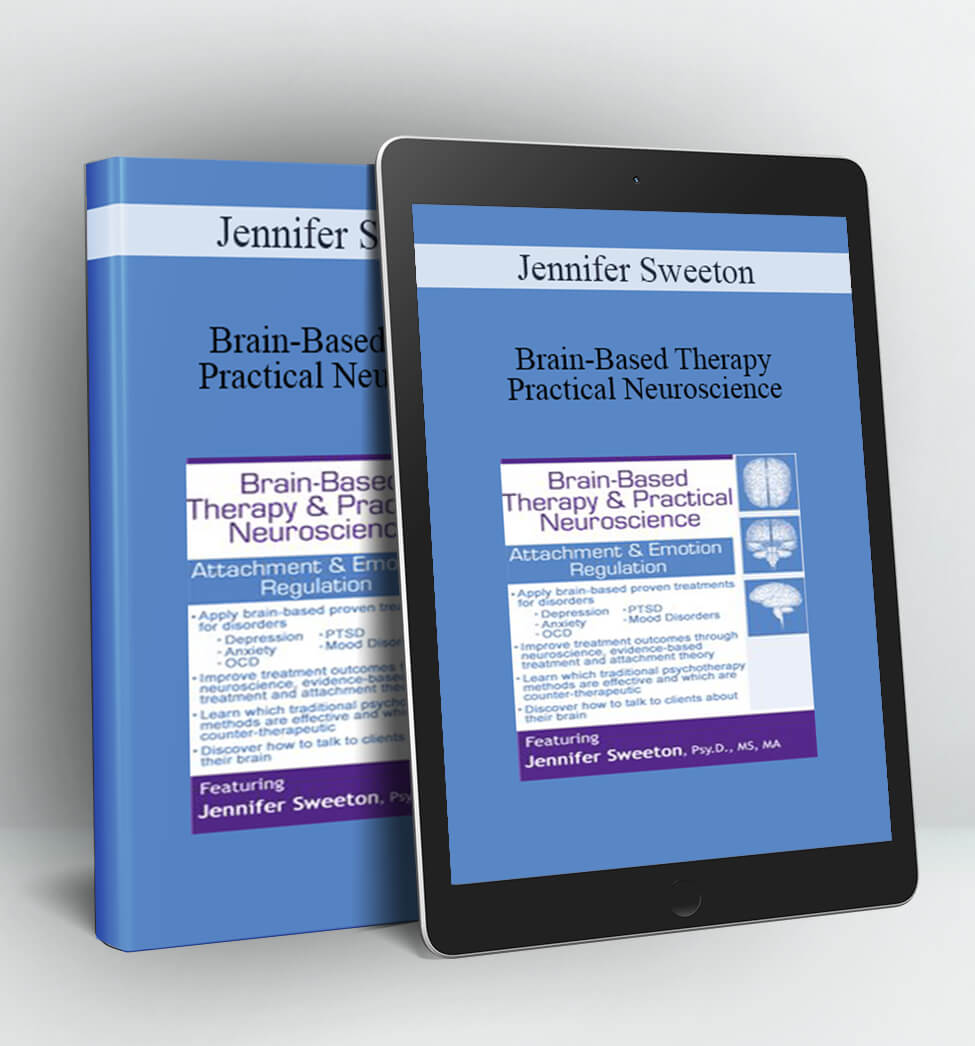
Brain-Based Therapy & Practical Neuroscience – John Arden
- Faculty:
- John Arden
- Duration:
- 6 Hours 25 Minutes
- Format:
- Audio and Video
- Copyright:
- Mar 08, 2016
Description
- Apply brain-based proven treatments for disorders
- Depression
- PTSD
- Anxiety
- Mood Disorders
- OCD
- Improve treatment outcomes through neuroscience, evidence-based treatment and attachment theory
- Learn which traditional psychotherapy methods are effective and which are counter-therapeutic
- Discover how to talk to clients about their brain
This seminar focuses on the revolution and sea change occurring in psychotherapy. It describes how to conceptualize psychotherapy based on an integrative model that discards the need for the “schools of psychotherapy.” Special attention will be on how to talk about the brain in therapy to motivate clients to try evidenced-based interventions.
Watch this seminar and learn how to optimize therapy for a variety of clients by harnessing the latest knowledge from neuroscience; developmental psychology; psychotherapy research; evidence-based practice; attachment research; and psychodynamic and cognitive behavioral approaches. Take home practical strategies for anxiety disorders such as OCD, Generalized Anxiety Disorder, Panic Disorder and PTSD; as well as for depression.
John Arden, Ph.D. is a frequent international speaker and the author of 12 books including Rewire Your Brain (Wiley 2010). Dr. Arden is lead author of the books Brain-Based Therapy with Adults (Wiley 2008) and Brain-Based Therapy with Children & Adolescents (Wiley 2008). He is also the director of one of the largest mental health training programs in the United States.
Handouts
| Manual (3.75 MB) | 86 Pages | Available after Purchase |
Outline
Psychotherapy in the 21st Century
- The integrative approach—no more need for the “schools” of psychotherapy
- Variables in successful treatment
- Outcomes management
- BASE (Brain, Alliance, System and Evidence-Based Practices)
What Neuroscience Offers to Therapy
- Emotion: laterality and lobes
- The role of attention and affect regulation: prefrontal lobes
- How to change the brain in successful therapy: neuroplasticity
- New neurons in the brain: neurogenesis
- The social brain, empathy and attachment
Developmental Neurobiology Brain Development
- Deprived vs. enriched environments
- Temperament and attachment in therapy
- Durability of attachment schema into adolescence and adulthood
- The development of the adolescent brain
- The aging brain
The Role of Memory
- The fundamental role of memory in therapy
- Implicit and explicit memory and how they can become dysregulated
- Hippocampus and amygdala dynamics
- Memory improvement techniques
The Stress Response System
- Historical models and the current view
- A balanced perspective of stress: allostasis
- When stress breaks down the system: allostatic load
- Adverse childhood experiences and how they affect adulthood
Working with the Neurodynamics of Anxiety Disorders: Taming the Amygdala
- GAD
- Panic
- OCD
- PTSD
Working with the Neurodynamics of Depression
- Limitations of the neurotransmitter/medication models
- The role of labeling emotions: hemisphere laterality
- Cytokines—sickness behavior
- Activity reward system—behavior activation
- Mindfulness
Healthy Habits—Planting SEEDS
- Sleep hygiene
- Exercise—BDNF—miracle grow
- Education—cognitive
- Diet—amino acids, fatty acids and vitamins
- Social medicine
- Mindfulness
Faculty

John Arden, Ph.D. Related seminars and products: 6
Director of Training
Kaiser Permanente
John Arden, Ph.D., served as Kaiser Permanente’s Northern California Regional Director of Training where he developed one of the largest mental health training programs in the United States. In this capacity, he oversaw more than 150 interns and postdoctoral psychology residents in 24 medical centers. Prior to this, he served as Chief Psychologist for KP.
Dr. Arden believes that the evolution of psychotherapy in the 21st Century demands integration. Instead of choosing from the blizzard of modalities and schools of the past, therapists must move toward finding common denominators among them. Similarly, today’s psychotherapy necessitates the integration of the mind and body, not the past practice of compartmentalization of mental health and physical health. John’s study of neuropsychology has inspired him to integrate neuroscience and psychotherapy, synthesizing the biological and psychological into a new vision for psychotherapy: Brain-Based Therapy. His work incorporates what is currently known about the brain and its capacities, including neuroplasticity and neurogenesis, with psychotherapy research, mindfulness, nutritional neuroscience and social intelligence. He conducts seminars on Brain-Based Therapy throughout the United States and the world.
John is the author of 15 books including his newest book, Mind-Brain-Gene (W. W. Norton & Company, 2019). John is lead author along with Lloyd Linford of the books Brain-Based Therapy with Adults (Wiley, 2008) and Brain-Based Therapy with Children and Adolescents (Wiley, 2008). His first book, Consciousness, Dreams, and Self (Psychosocial Pr, 1996), was awarded the 1997 Outstanding Academic Book Award by Choice, a publication of the American Library Association. An international panel of jurists nominated his second book, Science, Theology, and Consciousness (Praeger, 1998), for the CTS award funded by the Templeton Foundation. His book America’s Meltdowns: Creating the Lowest Common Denominator Society (Praeger, 2003) explored the degradation of the fabric of American society.
Speaker Disclosures:
Financial: Dr. John Arden is the Director of Training in Mental Health for Kaiser Permanente. He receives royalties as an author from several publishers. Dr. Arden receives a speaking honorarium from PESI, Inc.
Non-financial: Dr. John Arden has no relevant non-financial relationship to disclose.
Access Download Brain-Based Therapy & Practical Neuroscience – John Arden right now!
Delivery Method:
After your purchase, you’ll get access to the downloads page. Here, you can download all the files associated with your order.
Downloads are available once your payment is confirmed, we’ll also send you a download notification email separate from any transaction notification emails you receive from Coursedownloads.






